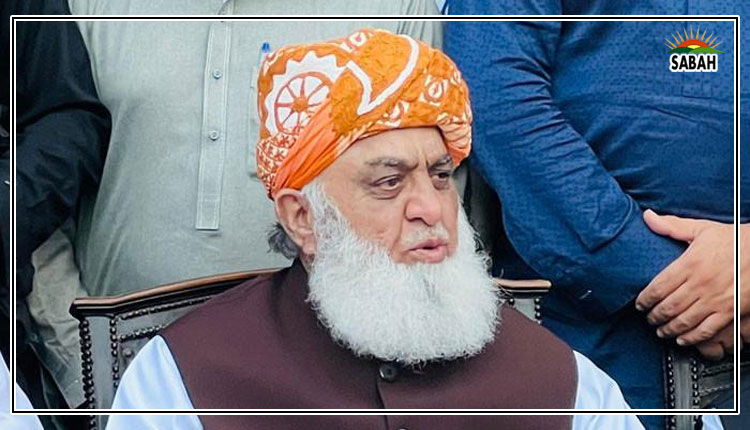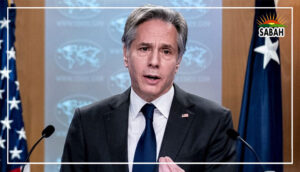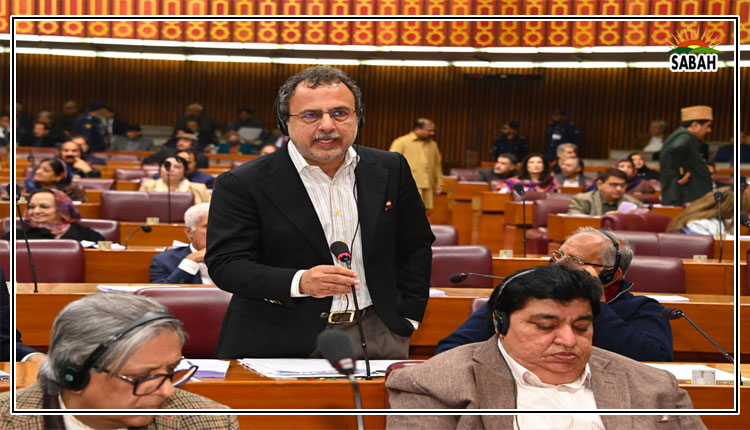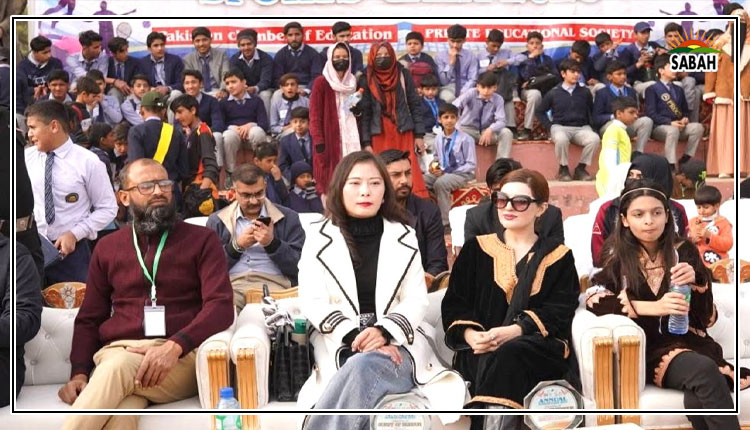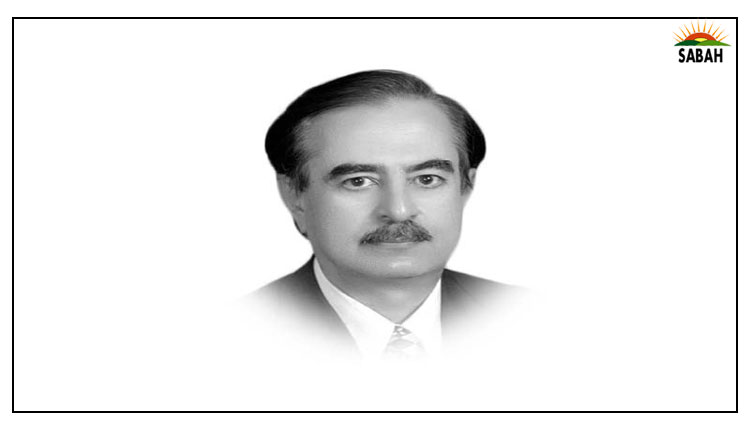Philosopher kings, ersatz demagogues… Sahibzada Riaz Noor
The paradox is impelling: we speak of politics in disparaging terms yet great philosophers like Socrates, Plato and Aristotle and Marx, in their own ways, viewed it as the culmination of a quest for providing an environment for salvation, material and spiritual, of mankind.
Politics has become a dirty word, despite its possibilities, in the hands of its questionable practitioners, over ages. It has simultaneously suffered from its motivated and calculated disparagement by those who depend upon force as a ladder to power rather than popular consent.
Politics relates to the polis, encompassing the totality of mans life in a state, its sustenance and development towards an improved end, in individualistic and social terms. It deals with provision of wherewithals for uplift of mankind being raised from the animalistic to the human in all its multifarious dimensions.
In this sense the aims of religion and politics coalesce: both aiming for the realisation of the city of God on earth. Neitschzes Zarathustra and Marx envision a society with a higher purpose than the mere biological, consuming and procreating entity with no noble cause or purpose.
Plato is directly concerned with a philosophy that is not purely metaphysical but dedicates himself to laying forth the outlines of actualising philosophy in the real world, not in the ecclesiastical sense but in the actual, phenomenal world of man and society, creating a state where the true potentials of humans can flourish and virtue and meaningful happiness is realised.
Modern day politics has come to be viewed as a mixture of the rarely correct and the ad hominem, tending more towards Machiavellian use of negative means of acquiring power through dissimilitude, lies, propaganda and manipulation.
Helped by the growth of internet, TV and social media, providing instant access to human minds and opinions, vast potentials for misuse or purposive abuse of these facilities have arisen. Modern psychology has revealed the malleability of the human mind open to manipulation by motivated persons seeking power as an end in itself, often by invoking humanist, liberal languages, concealing narrower self-seeking intent and interests.
Niccolo Machiavelli is viewed as the advocate of the black art of power as a goal in itself. But while advising the prince on how political power can be acquired and retained in the cut throat game of politics, in the end the Florentine thinker advocates that in the successful actual running of the state, not brutality but rather respect of life, the impersonal implementation of laws and creating abundance are the surest means of stable exercises of power. Fear is never a sustainable basis for peaceful rule.
Politics relates to organising society and making policies for the order and best conduct of mankind, at both the individual and social levels. That is why Plato, on the analogy of only a trained physician being competent to administer health to a sick person, advocates rule of people by a philosopher king who understands human nature, his basic needs and his historically evolving wants and aspirations, administering a polis in achieving optimum results of peace, justice and welfare.
But a philosopher king can turn into a tyrant, a despot seeking to pursue self-interests of limitless power and worldly glory.
Thus evolved concepts and practices of checks on untrammeled power, to balance power with accountability.
The framers of the US constitution had the knowledge of various forms of government existing over history. A balance was sought between wealth and property and the lay to guard both against the dangers of autocracy and raw, mostly uninformed, majoritarianism. Power was divided in a trichotomous manner between a president, a House of Representatives representing the so-called, unreflective hoi polloi, the working and commercial classes and a Senate representing status-quo-inclined inherited wealth and status. No one organ could change the constitution or make war. While the judiciary acts as a check on the President and Congress, the President and Senate also exercise control through roles in the appointment and impeachment of Supreme Court judges.
Power corrupts and absolute power corrupts absolutely. Democracy thus evolved as the least unfavourable system of government. Although bed-riddled by mediocrity, it is least prone to tyranny and despotism and the most given to as large a sphere of participation and inclusion. Yet the dangers that have arisen due to possible hijacking of democracy by populist demagogues through resort to clever misuse of mainstream and social media during the modern times remain great.
Propaganda and deliberate, purposive lies, used both during war and peace, have a history as old as mankind. Psychological warfare was and is used to confuse and mislead opponents regarding ones own capability as a means to downgrade the morale and fighting ability of the adversary.
Modern day use of media and social media to spread fake narratives with an insidious agenda for furtherance of selfish, power seeking and power-retentive narratives holds a constant existential threat to freedoms, rational behaviour and decision making.
Populism is characterised by reducing public discourse from a factual, evidence-based undertaking to the level of an emotive, debased, frivolous, street level, popular debate which precludes rational choice making for social amelioration.
Deliberate obfuscation of boundaries between correct and devious moral and political rules is viewed as an acceptable tool of personal worldly success by phony demagogues. Peoples interests are held out in contradistinction to the constitution and state.
Sacrosanct democratic norms are acceptable only to the extent that they further personal success, in a vicious disregard for accepted democratic, administrative and judicial fora, norms and decisions. Rules of fairplay are conveniently hijacked or challenged when personal loss is feared. Mutually acceptable, just rules of a game become a hostage to personal self-interests. In violation of accepted democratic rules of the game, dissolution of a tenuous government coalitions is explained not in terms of failure to retain coalitionary unity, or due to inefficiencies and lack of accommodation, or severance of mutual respect, but is ascribed it to delusional external plots, rousing popular passions and political instability that lead to extreme polarisation and serious threat to political stability and societal peace.
Even the facade of playing by the book is rent asunder, subverting the very basis of organised order regressing to the level of biota. Democracy often needs protection not from its overt foes but enemies inside.
Courtesy The Express Tribune





